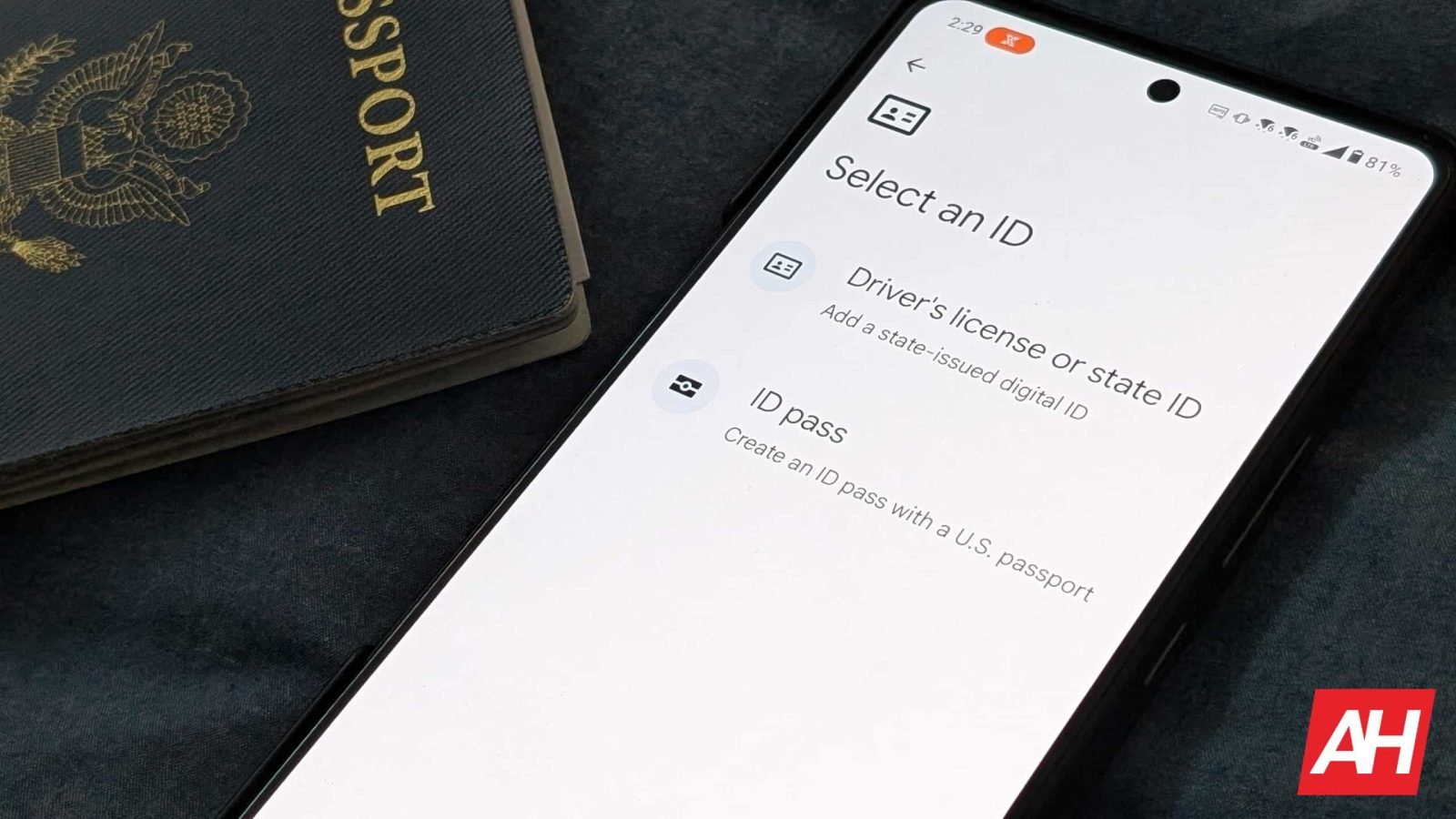Android Is Closer To Making Your Physical ID Cards Obsolete

Contents
Android’s digital credential ecosystem is evolving from passive storage to active verification with Google’s latest innovation. The new native support creates a secure bridge between services requiring identity verification and your digital credentials, all while maintaining strict privacy controls. Instead of simply displaying your ID to someone physically, Android will now facilitate secure digital verification between apps, websites, and your credentials, sharing only the specific information required. This advanced framework also establishes a two-way street, allowing trusted organizations to issue new digital credentials directly to users.
Google has just announced that it’s bringing native support for digital credentials like IDs and passports to Android, meaning that sometime in the future, you’ll be able to do more than just store your ID and passport in Google Wallet. If you weren’t aware that Google Wallet even supported ID and passport storage, that’s understandable. It’s not very widespread yet.
However, Google has been steadily rolling the feature out to more users in more states. It’s taken a while because the feature needs support from state governments. There is a difference between this feature, though, and what Google is now adding support for.
Most notably, is that Google Wallet, at this time, can store your digital credentials like credit cards and debit cards, and more recently, passports. The Android platform doesn’t use them for digital verification. You still need to show those credentials to someone or something. Say, the TSA agent at the airport whom you need to show your boarding pass to. The native support works a little differently.
Native support for digital credentials on Android will open up verification between apps and websites
This is the big difference between what Google Wallet can do now, which is store your credentials, and Android will now be supporting. Following this change, users will be able to select specific digital credentials stored on their devices to verify their identity with an app or website when necessary.
Such as when you’re shopping online through an app and it might request ID verification, or a similar scenario if you’re using an airline app to book a flight. Here’s how things would work. The app asks for verification with a digital credential. Android then presents you with the option to choose which digital credential you want to select. You can see this in the image below.
After you select which digital credential you want to use for verification, Android then presents that credential to the app or website requesting it. It’s important to note that your entire ID or passport isn’t necessarily shared. In the example below, Android is only sharing the expiration date of your credential and your legal name. Nothing else. So, Google has thought about the security side of this.

This will also allow apps and sites to issue credentials to users
In short, if an app or website has a digital credential that can be issued to users, this new support will allow them to do so. Users could then choose where to store that credential. Whether that be Google Wallet or something similar.
Google hasn’t said when this functionality will roll out to Android. It does, however, mention that it’s currently working on getting things up and running. It also mentions that Samsung Wallet and 1Password will hold users’ digital credentials.
What’s your reaction?
Love0
Sad0
Happy0
Sleepy0
Angry0
Dead0
Wink0

![what-gemini-app-features-are-free-versus-paid?-[june-2025]](https://betadroid.in/wp-content/uploads/2025/06/26106-what-gemini-app-features-are-free-versus-paid-june-2025-280x210.jpg)






Leave a Reply
View Comments